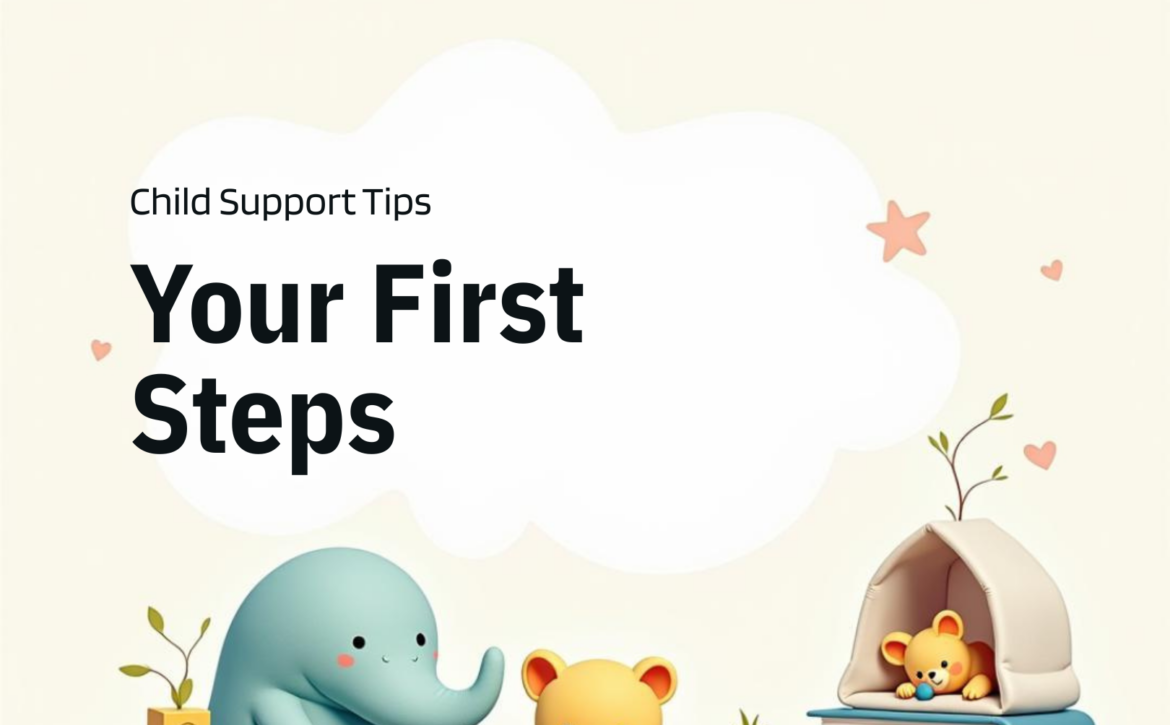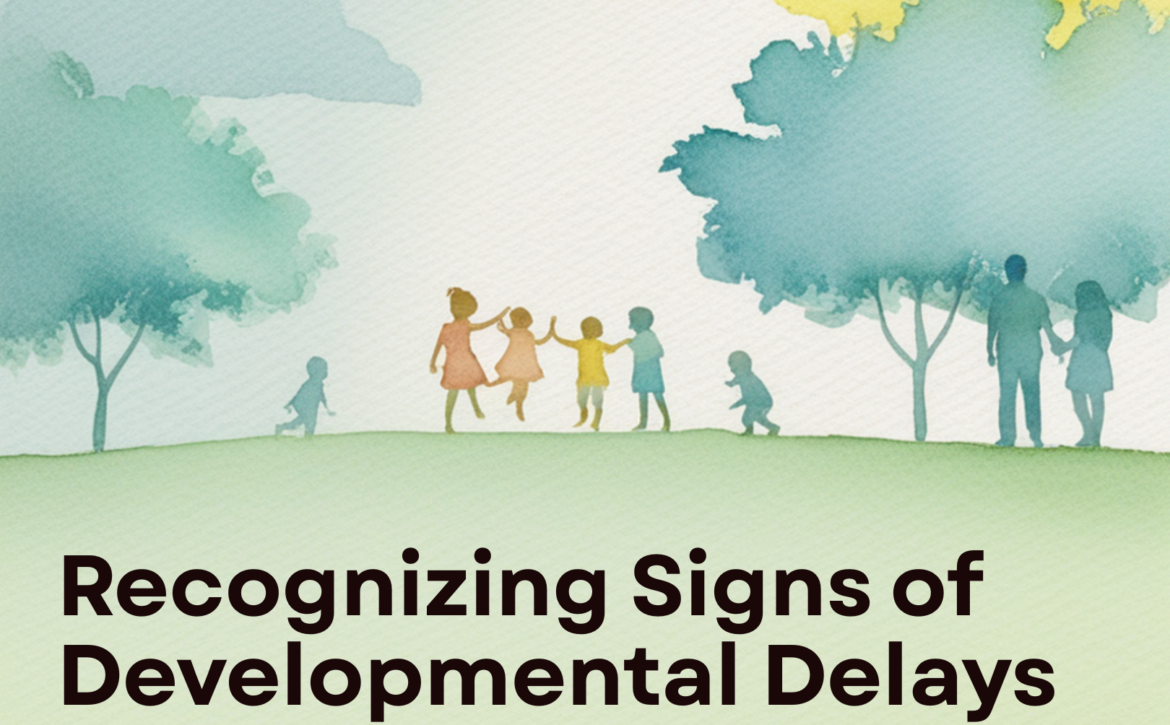Your First Steps: What to Do When You Suspect Your Child Needs Support
“Trust your gut. It knows more than you think.”
Every parent worries about their child’s development at some point. But when those worries don’t go away, it’s important to know the next steps to take. If you’ve noticed signs of a developmental delay, it’s natural to feel uncertain or overwhelmed. The good news is, you don’t have to navigate this journey alone.
👣 Here’s a Simple Step-by-Step Guide to Follow:
- Document Your Observations:
Before jumping into any decision-making, spend some time tracking your child’s behaviors. Record what you observe—anything from delayed speech to challenges in playing with peers. This data will be valuable when discussing your concerns with a professional. - Talk to Your Pediatrician:
Once you’ve gathered some observations, it’s time to have an open conversation with your pediatrician. Share your concerns, and request a developmental screening. These screenings help identify areas where your child may need support. Your pediatrician might refer you to a specialist for further evaluation. - Seek a Multidisciplinary Evaluation:
Depending on your child’s needs, you may be referred to specialists such as speech therapists, occupational therapists, or special education professionals. Alpine First Step CDC offers a holistic evaluation approach that includes therapists who collaborate to create a personalized plan for your child. - Start Early Intervention Programs:
Research consistently shows that early intervention improves outcomes in children with developmental delays. Programs like speech therapy, occupational therapy (OT), and special education services can help address delays early and equip your child with the skills they need to thrive.
Tip: The earlier you begin therapy, the better. Research shows that children who begin therapy before age 5 often show significant improvements in language, motor skills, and social interactions (Journal of Early Intervention).
At Alpine First Step CDC, we are here to help guide you through the process, offering personalized therapy plans tailored to each child’s unique needs. Don’t wait—early intervention sets the stage for lifelong success.



